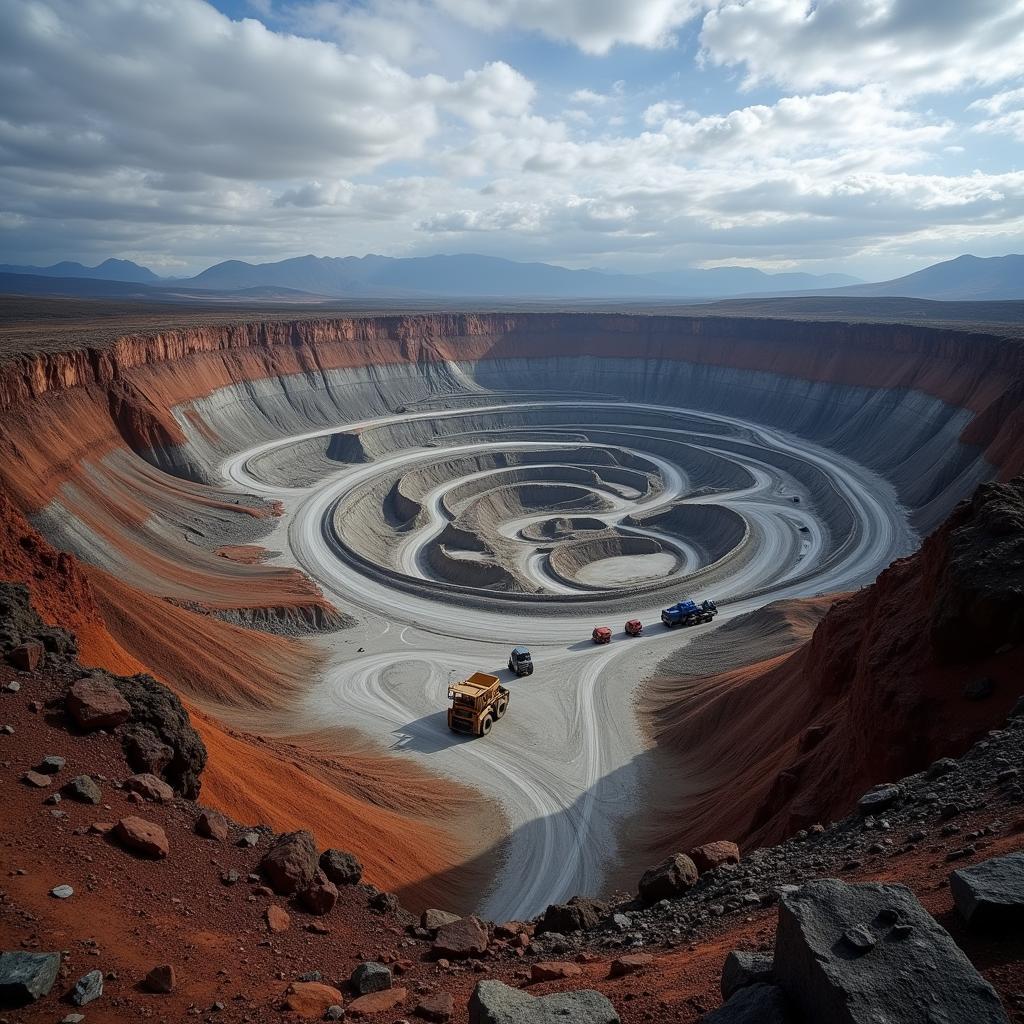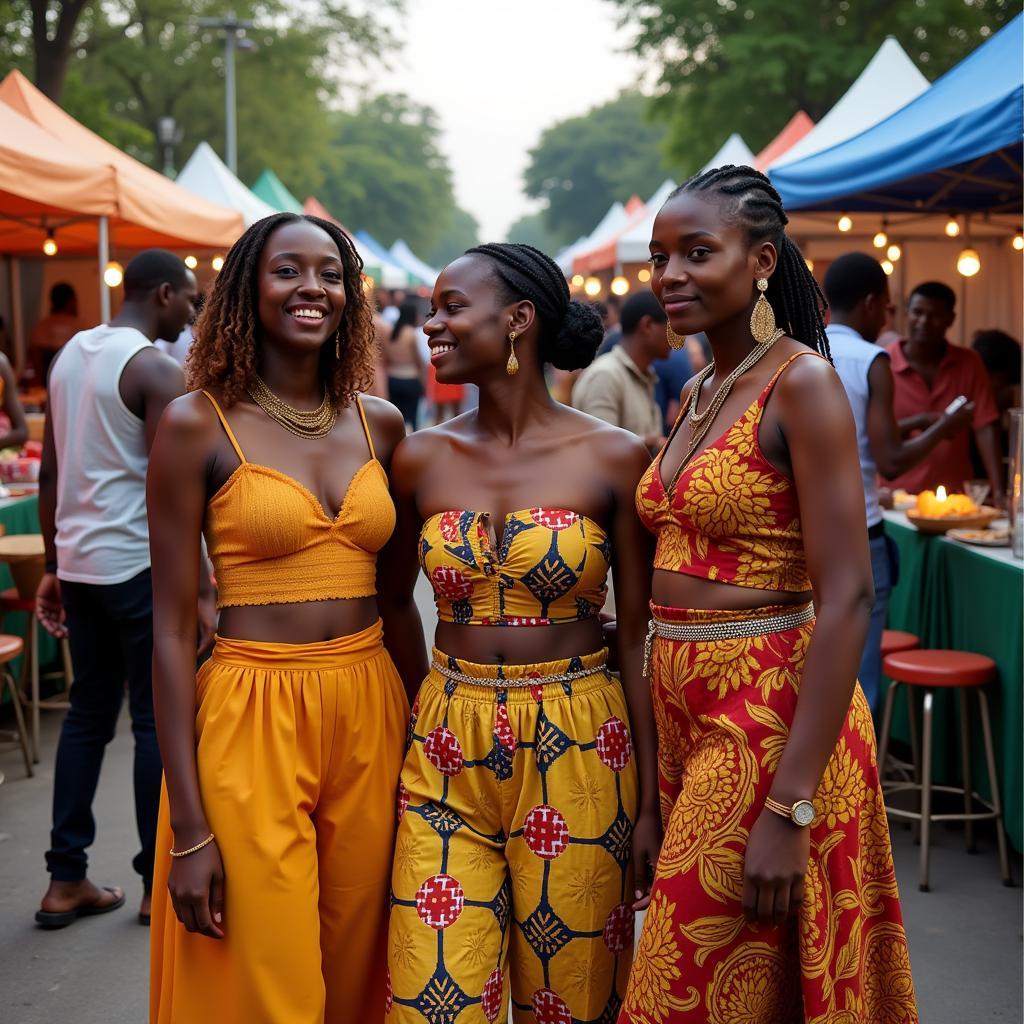Exploring African LGBTQ+ Communities and Challenges
Navigating the complexities of African LGBTQ+ life, particularly for gay men, requires understanding the diverse cultural landscape and legal frameworks across the continent. This exploration delves into the nuances of this lived experience, acknowledging both the vibrant communities and the significant challenges faced.
Understanding the Diversity of African LGBTQ+ Experiences
The narrative of African LGBTQ+ communities is not monolithic. Experiences vary dramatically across nations, influenced by a complex interplay of cultural norms, religious beliefs, colonial legacies, and socio-political climates. While some countries have seen growing acceptance and activism, others maintain restrictive laws and social stigmas. It is crucial to move beyond generalizations and recognize the diverse realities within this broad spectrum.
One constant, however, is the resilience and strength of individuals within these communities. They forge connections, build support networks, and advocate for their rights despite often facing significant adversity.
Legal Frameworks and Social Stigmas: Challenges Faced by African Gay Men
Legal frameworks surrounding homosexuality in Africa are diverse, ranging from outright criminalization to nascent recognition of same-sex relationships. Many countries inherited discriminatory laws from colonial powers, and these continue to impact the lives of LGBTQ+ individuals. These laws can lead to imprisonment, violence, discrimination, and social ostracization.
Navigating Social Stigma and Discrimination
Social stigma often presents an even more pervasive challenge than legal restrictions. Deeply rooted cultural and religious beliefs can fuel discrimination in employment, housing, healthcare, and access to education. This stigma can also lead to family rejection and community exclusion, creating significant emotional and psychological burdens.
Dr. Adebayo Sowande, a prominent sociologist specializing in African gender and sexuality studies, states, “Understanding the intersection of legal frameworks and social stigma is critical to addressing the challenges faced by African LGBTQ+ communities. We must move beyond simplistic narratives and engage with the nuanced realities on the ground.”
Building Support and Fostering Inclusivity
Despite the adversities, there are inspiring stories of resilience and progress. LGBTQ+ organizations and activists across Africa are working tirelessly to raise awareness, challenge discriminatory laws, and build supportive communities. These efforts are crucial for fostering inclusivity and creating safe spaces for individuals to express their identities.
The Role of International Advocacy
International human rights organizations also play a vital role in advocating for legal reforms and supporting local activists. Their involvement helps to amplify voices and bring international attention to the human rights violations faced by African LGBTQ+ communities.
Professor Chiamaka Okoro, a leading legal scholar specializing in human rights law in Africa, emphasizes, “International pressure can be a catalyst for change, but it must be coupled with genuine engagement with local communities and activists. Their expertise and lived experiences are invaluable in shaping effective strategies for change.”
Conclusion
Exploring African gay men’s experiences requires a nuanced understanding of the diverse challenges and triumphs across the continent. While legal frameworks and social stigmas present significant hurdles, the resilience and activism within LGBTQ+ communities offer hope for a more inclusive future. Continued advocacy, both local and international, is crucial to achieving equality and ensuring the safety and well-being of all individuals, regardless of their sexual orientation or gender identity.
FAQ
- What are some of the key challenges faced by LGBTQ+ individuals in Africa?
- How do legal frameworks vary across different African countries?
- What role do cultural and religious beliefs play in shaping attitudes towards LGBTQ+ individuals?
- What are some examples of successful advocacy efforts for LGBTQ+ rights in Africa?
- How can international organizations effectively support local LGBTQ+ activists?
- What are some resources available for LGBTQ+ individuals seeking support in Africa?
- How can we promote greater understanding and acceptance of LGBTQ+ communities in Africa?
When you need support, please contact us: Phone Number: +255768904061, Email: [email protected] Or visit our address: Mbarali DC Mawindi, Kangaga, Tanzania. We have a 24/7 customer care team.

